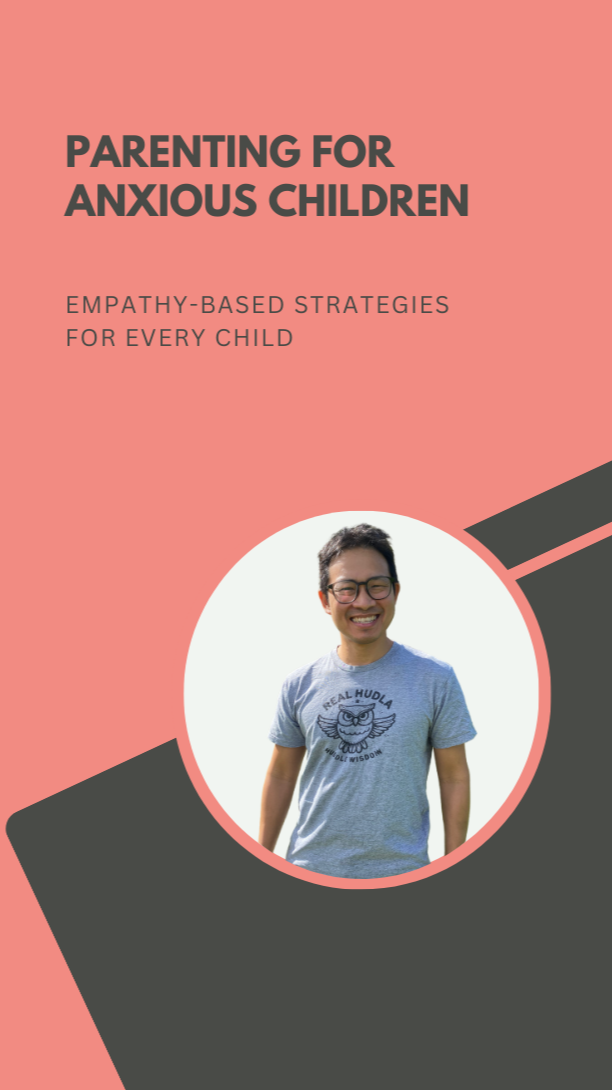Helping Anxious Children Feel More Secure and Understood
Audio-based programmes to help you support an anxious, sensitive or neurodivergent child with more clarity and confidence without trying to “fix” them.
Parenting for Anxious Children
Practical ways to support your child through emotional and behavioural challenges
Outdated strategies make anxious kids more reactive and withdrawn. This programme is a modern, empathy-based approach to setting boundaries, responding to big emotions, and building trust for tough moments.
Learn to:
-
Respond to emotional storms without escalation
-
Build connection, even if your child pushes you away
-
Get rid of power struggles
For parents who want straightforward insights to use right away alongside therapy or on their own.

Making Sense of Anxious Children
Understand what’s going on so you respond with confidence
If you’ve ever felt lost trying to support your child through anxiety, this audio programme helps you step back and see the bigger picture.
Learn to:
-
Understand patterns behind anxiety and emotional overload
-
Read your child’s signals more clearly
-
Support self regulation better
-
Become less reactive and more confident
For parents who want to understand the why behind the behaviour so they can respond with intention, not guesswork.

Not sure where to start?
If you feel like you're constantly firefighting, start with Parenting for Anxious Children.
If you’re trying to understand your child’s inner world and want to make sense of the deeper patterns at play, Making Sense of Anxious Children will give you the insight you’re looking for.
Both courses were designed to work alongside professional support but feedback from people tells me that the principles work irrespective of professional support BUT please note it is not clinical treatment and is not to replace clinical input.

